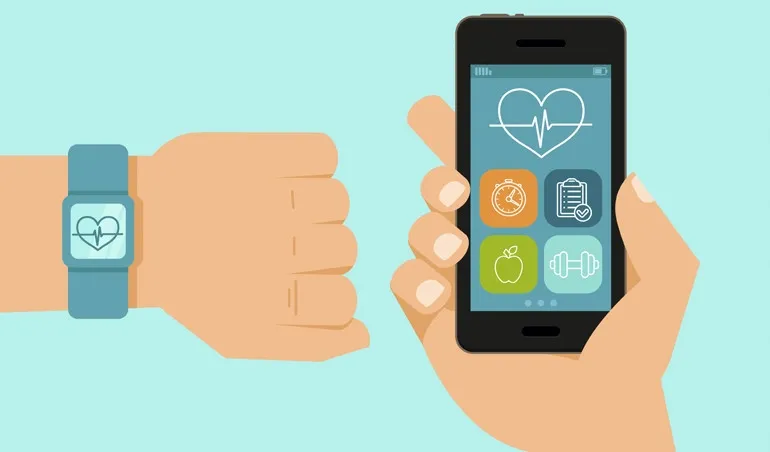The use of mobile applications has demonstrated a beneficial effect on the control of type I diabetes, which is revealed in the improvement of parameters such as glycosylated bemoglobin (HBA1C) or the ratio of blood glucose measures (SMBG).However, the market apps do not have the functionalities that have been associated with such clinical improvement.
This follows from a work developed by researchers at the University of València, belonging to the Itaca-Sabien group, which has just been published in Jmir Mobile Health and Micro Health (JMU) magazine.
In it, researchers do an exhaustive and comparative study of existing app today, affecting their usefulness for the "support and empowerment of patients."
First, they identified six rigorous studies that have evaluated the impact of app on relevant indicators such as glycosylated hemoglobin (HBA1C) and the ratio of glycemia measures (SMBG), already analyzed the characteristics of these apps and the functionalities provided toUsers.
As Antonio Martínez-Millana, a researcher at the Sabien Group, says, "this analysis allowed to define a detailed classification of the type of characteristics that an ideal app should have for the management of type 1 diabetes, and that would have been validated by robust clinical studies"
Subsequently, 80 app available in official virtual stores (App Store and Google Play) were analyzed in detail in order to know if they had the characteristics that had proven relevant to the control of diabetes.
Gamification and rewards
"The majority of commercial apps allow parameter customization (87.9%) and provide tools for data record (80%). However, to our surprise gamification and rewards are the least used characteristics (3.8%) ".
In addition, they add, "social and information support is only present in 37% and only 25% provide tools for the calculation and management of Bolus of insulin."
Thus, the main conclusion is that commercial apps focus on disease management aspects such as dose reminders and data record.
However, research demonstrates that the key elements in the management of type 1 diabetes include aspects related to patient empowerment, such as the promotion of healthy habits, information on the risks of inappropriate control, social support and supportin self -management of the medication dose.And all this is not present today in apps, they warn.


